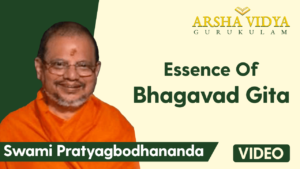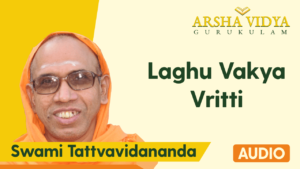
Tripuri
Open to access this content

Open to access this content

Open to access this content

Open to access this content

Open to access this content

Open to access this content

Open to access this content

Open to access this content

Open to access this content

Open to access this content

Open to access this content